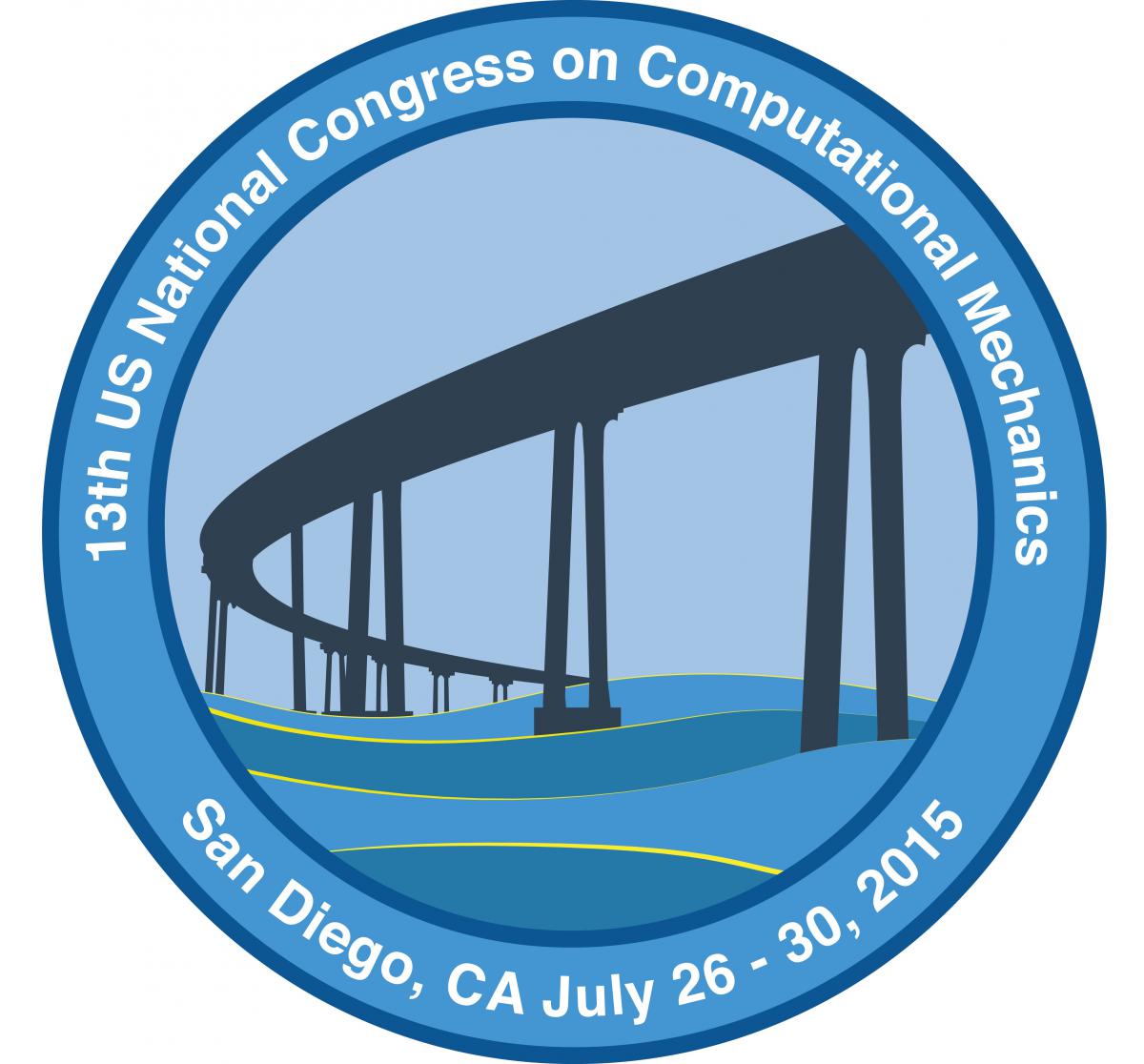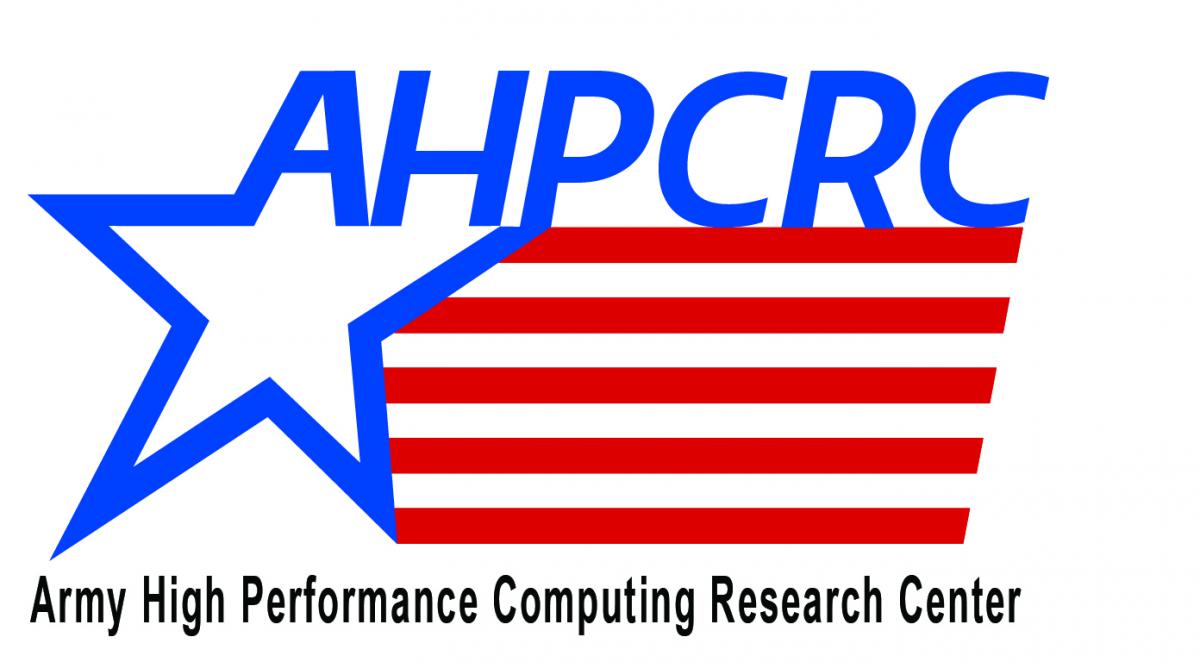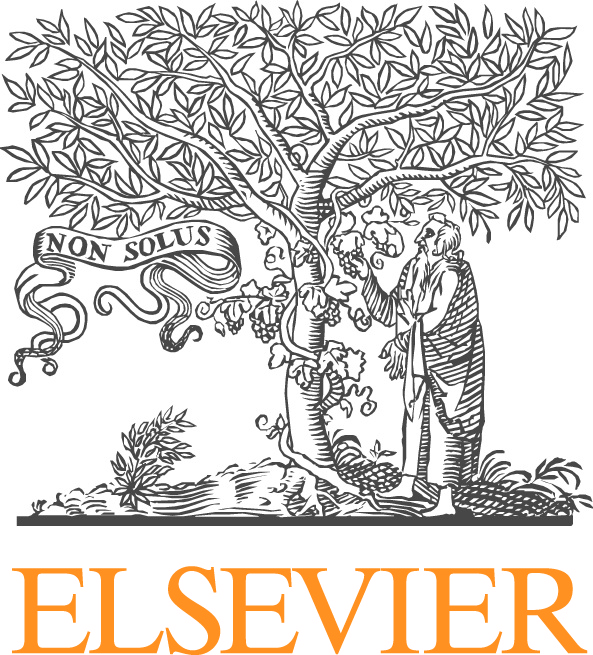Applications of Error Estimation and Model Adaptation in Computational Mechanics
Advances in computational science and engineering have led the community to consider applications that involve the solution of increasingly complex multiphysics and multiscale problems. Thus, and more than ever, it has become crucial to rely on error estimation tools to assess the accuracy of the predictions and to design suitable adaptive strategies.
The field of error estimation and adaptivity, usually referred to as model verification, goes now beyond classical discretization error assessment and mesh refinement. It also includes adaptive modeling, whose main objective is to adaptively enrich surrogate models obtained, for instance, from model reduction techniques. It further involves novel topics relevant to engineering applications, such as goal-oriented procedures, the computation of guaranteed (upper and lower) error bounds for a large class of physical problems, or the control of errors due to the modeling of uncertainty.
The objective of the mini-symposium will be to present fundamental contributions to error estimation and adaptive methods and assess recent advances in the development of effective methods for the control of approximation errors.
We anticipate contributions on the following topics:
- Estimation of discretization and modeling errors;
- Stability, convergence, and optimality analysis of adaptive methods;
- Goal-oriented and adjoint/duality-based techniques;
- Methods leading to guaranteed error bounds (e.g. construction of
equilibrated fields);
- Hierarchical, reduced-order, and multiscale modeling;
- Error estimation and adaptive schemes for uncertainty quantification;
- Applications of methods to linear, nonlinear, coupled, or time-dependent problems.





